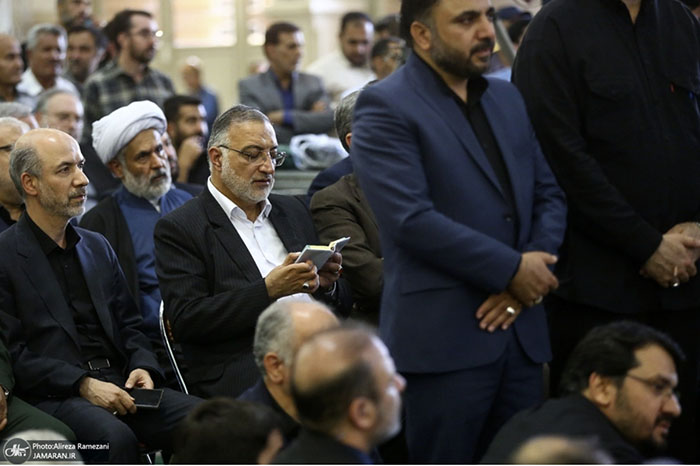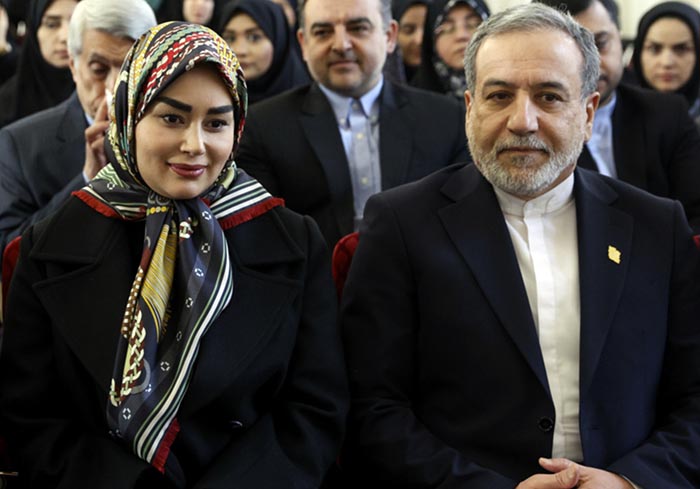Ebrahim Raisi’s 40th Day Ceremony: A Powerful Reflection on His Legacy
The Impact of Raisi’s Death on Regional Politics
Raisi’s death not only affects Iran’s internal dynamics but also has implications for the broader Middle East region. As a key figure in Iran’s foreign policy, Raisi played a significant role in shaping the country’s relationships with regional allies and adversaries. His absence creates uncertainties and potential shifts in the regional geopolitical landscape.
Relations with Allies
Under Raisi’s leadership, Iran maintained strong ties with its allies, including Syria, Lebanon, and various factions within Iraq. His death has prompted these allies to express condolences and reaffirm their commitment to the partnership with Iran. However, the transition of power in Iran may lead to adjustments in these relationships, depending on the new leadership’s foreign policy priorities.
Tensions with Adversaries
Raisi’s tenure was marked by heightened tensions with Western countries and regional adversaries, particularly Israel and Saudi Arabia. His death provides an opportunity for potential diplomatic shifts, although the core issues driving these tensions remain unresolved. The international community will closely watch how Iran navigates its foreign policy in the post-Raisi era and whether there will be any changes in its approach to regional conflicts and negotiations.
Conclusion
Ebrahim Raisi’s 40th Day Ceremony is a momentous occasion that encapsulates the complex legacy of a leader who left an indelible mark on Iran’s political and judicial history. As Iran and the world reflect on his life and the aftermath of his death, this ceremony serves as a crucial juncture for mourning, political discourse, and potential future developments within the region.
The ceremony will likely be a powerful reflection on Raisi’s life, his contributions, and the controversies that surrounded him. It will also serve as a barometer for the current state of Iranian politics and society, revealing the deep divisions and shared grief that characterize the nation’s response to his passing.
In conclusion, Ebrahim Raisi’s 40th Day Ceremony is not just a ritual of mourning but a significant event that will shape the political and social landscape of Iran for years to come. It is a time for reflection, remembrance, and potentially, a moment of reckoning for the future of the country.





